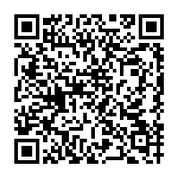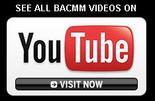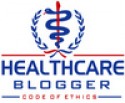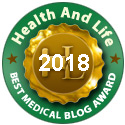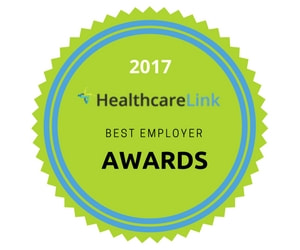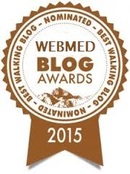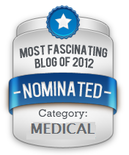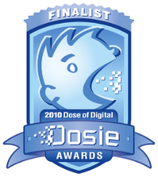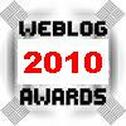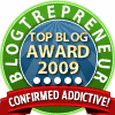But why, physician-skeptics may ask, is Twitter any better than traditional web browsing, email, list-servs and handheld apps? I thought about that and am pleased to offer my Top Twelve reasons why every doc should include Twitter in their informatics medical bag.
1. Lit Headlines: The major medical journals use Twitter to efficiently describe their latest content with links.
2. Fame: Traditional print authors are publishing more and more about less and less. Getting peers to follow your original and insightful tweets is the new route to attaining status as an expert. I have more than 500 daily followers vs. how many actually read the average peer-reviewed article?
3. News Junkies: Some of your like-minded peers are freely aggregating and retweeting relevant headlines with links for your perusing efficiency. They can be indefatigable.
4. Kool-Aid Immunity: Did you know your Chief, Chair, VP, lead administrator or Dean wants to control all your communication? Twitter is an easy way to step out of the information bubble and monitor contrary news about that EHR, medical device, performance standards, your institution’s business partners, the competition and more.
5. Efficiency: Twitter trains you to be both brainy and brief. If you can’t fit it into 140 characters or less, you’re wasting your readers’ time.
6. Messaging: The “@” allows you to interact with established and potential colleagues outside of your institution’s email system. Thanks to this function, I have met some wonderful colleagues.
7. Medical Conference Tweets: View formal and informal updates and insights about that conference you’re attending from not only the meeting organizers but other attendees.
8. Community: Like-minded colleagues are not only clustering in listservs but in Twitter.
9. Room for Diversions: Efficiency makes it guilt-free to include non-medical content.
10. Speed: It’s astonishing how quickly Twitter users spot and link just-released reports that take days to appear on the web and weeks to appear on print.
11. Searches: Yes, traditional literature searches and Google have their advantages, but the “#” function can find links to information resources that you might otherwise miss.
12. I am on Twitter.

 RSS Feed
RSS Feed
